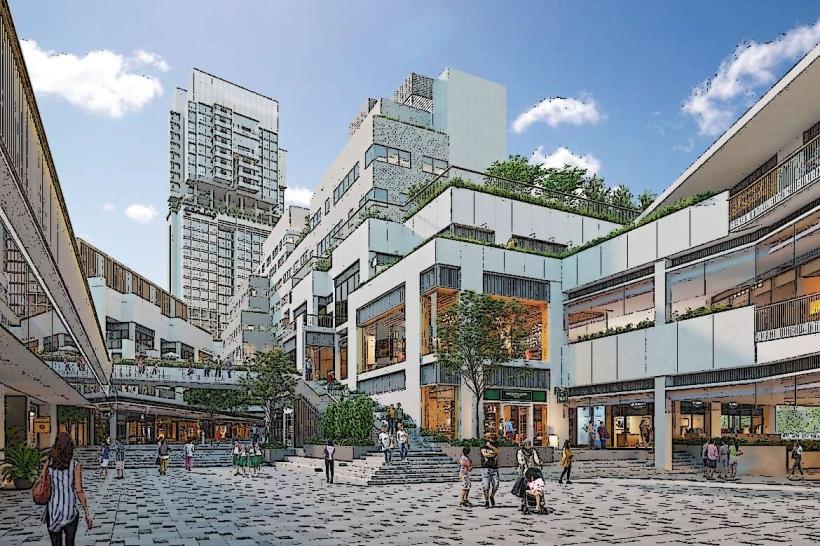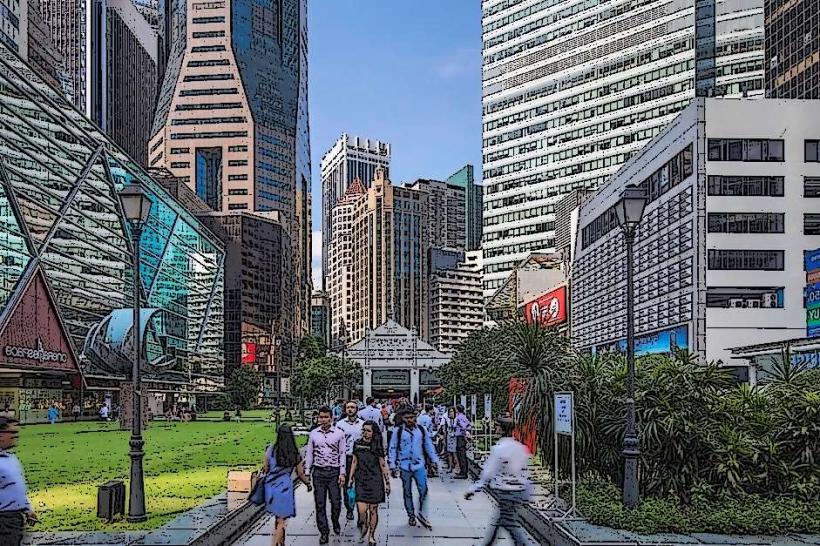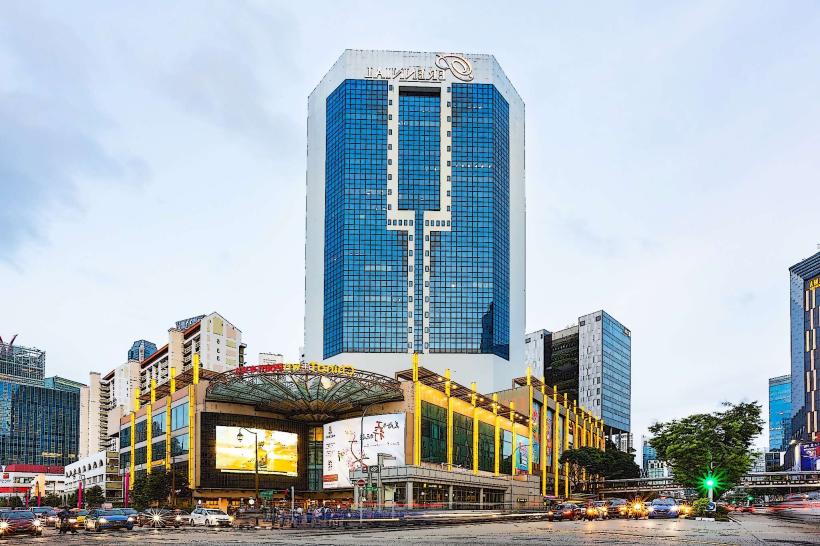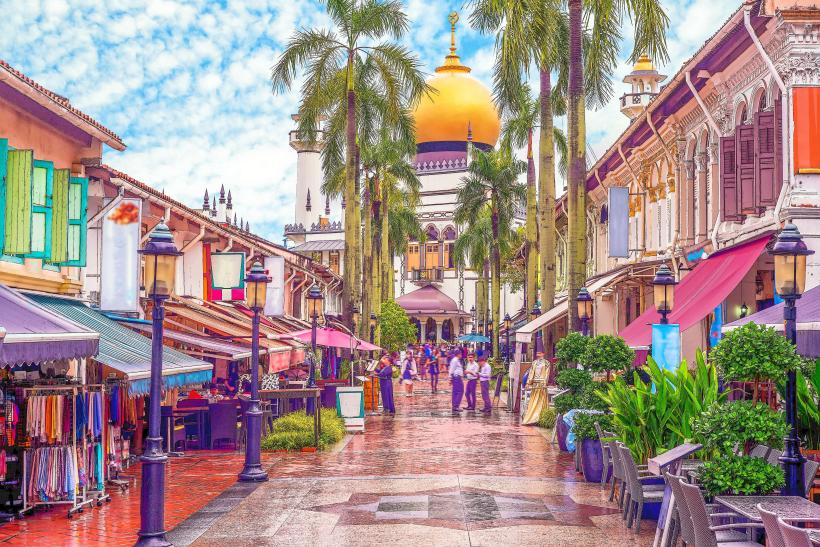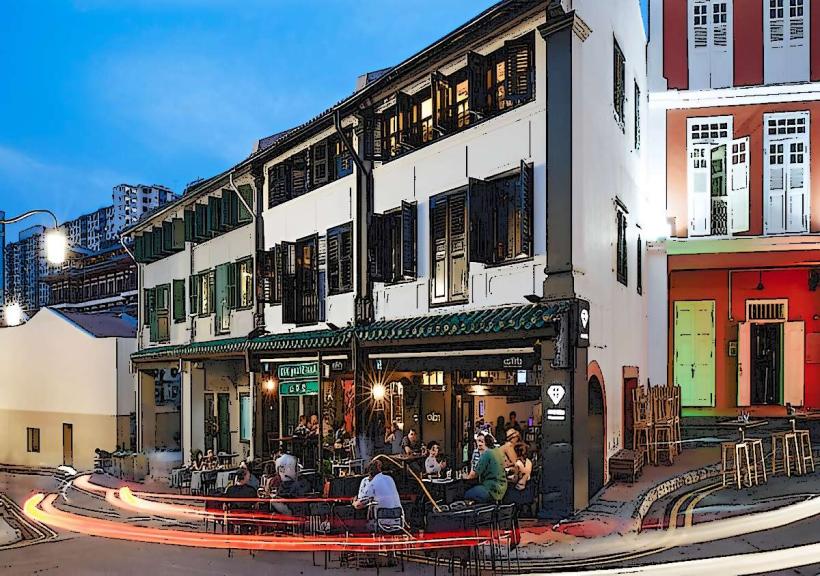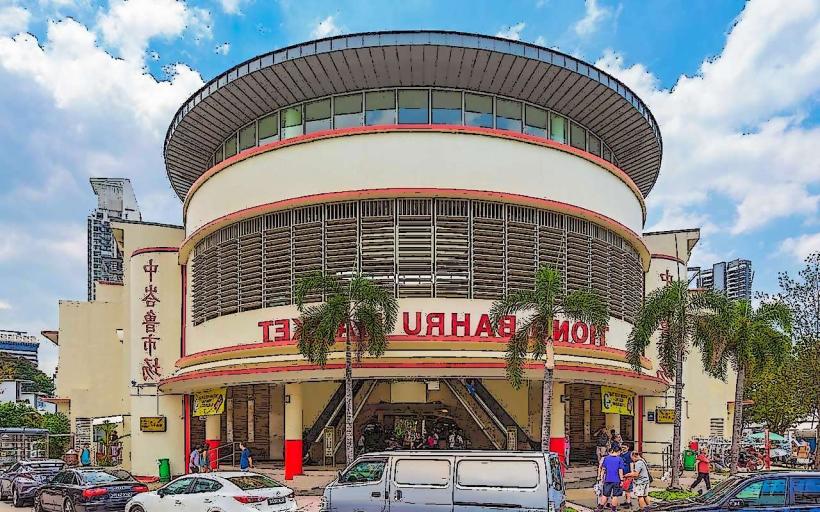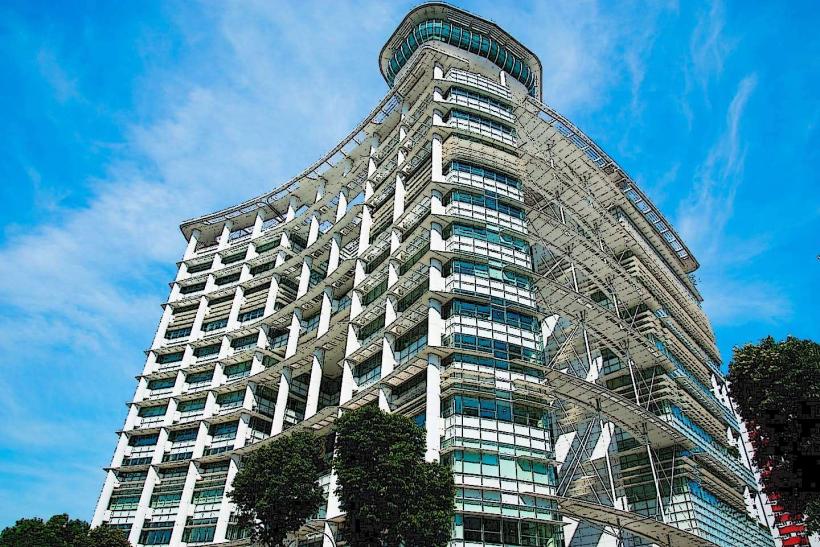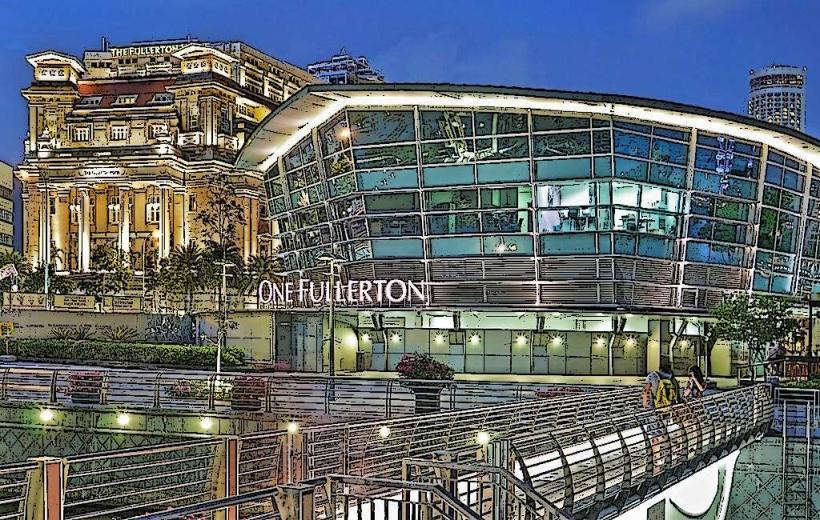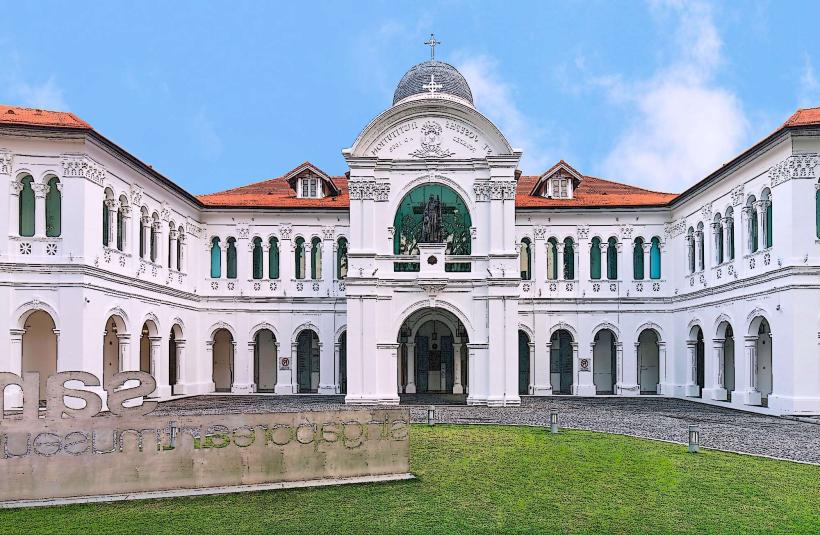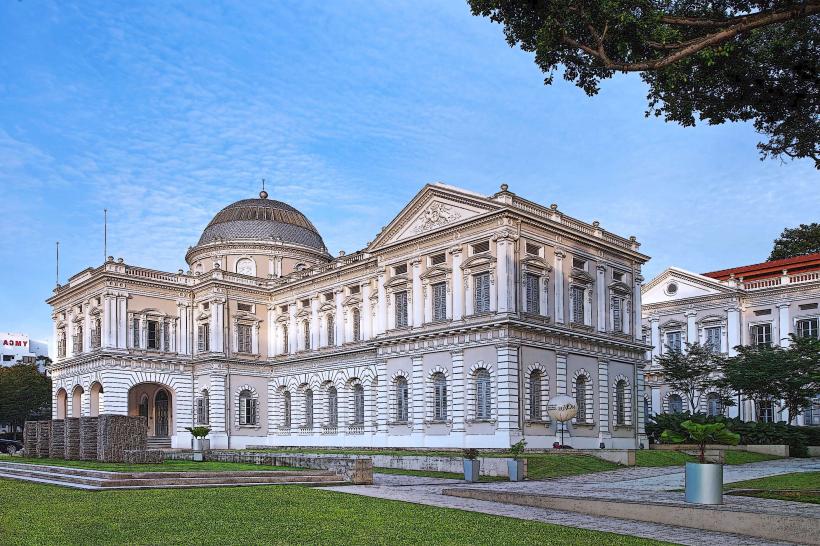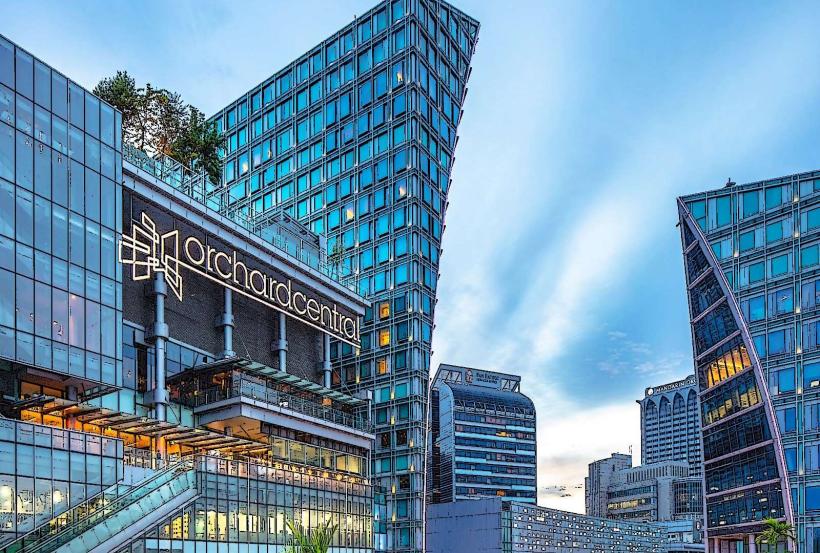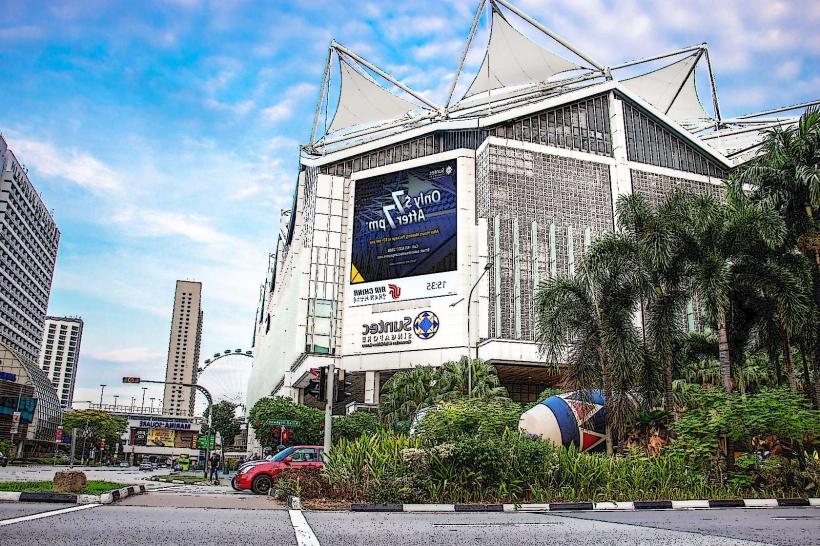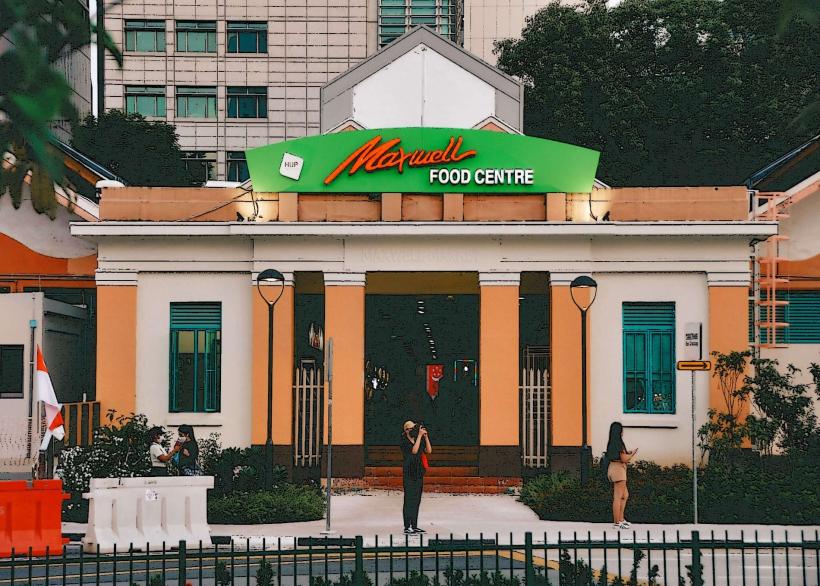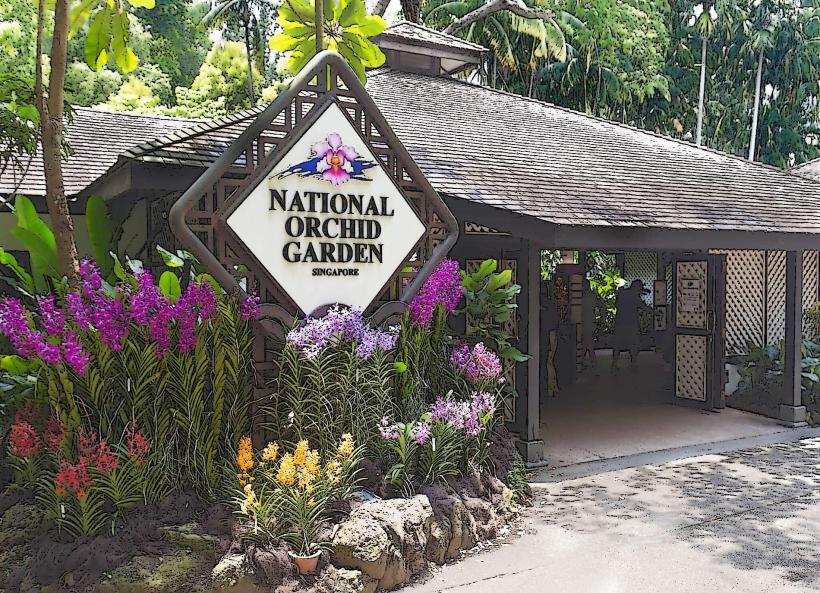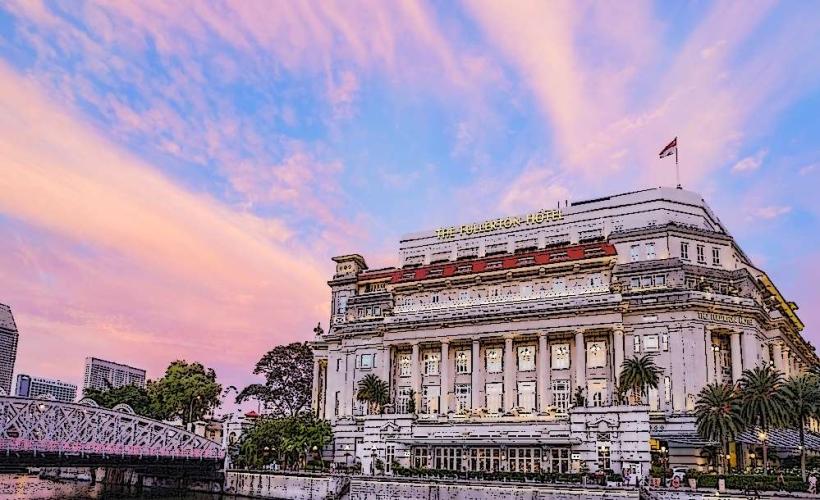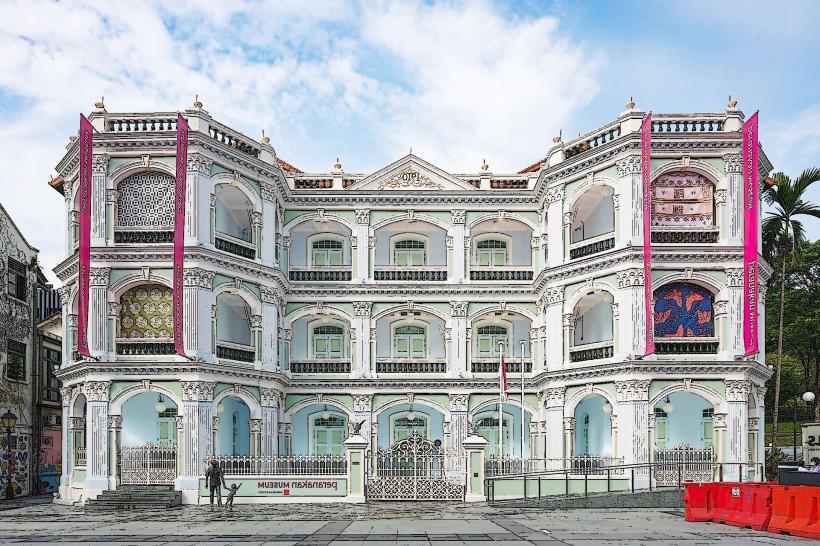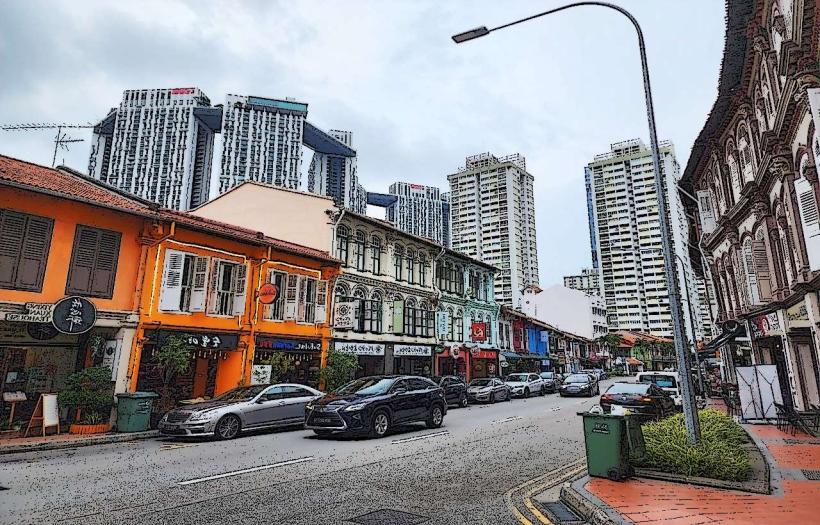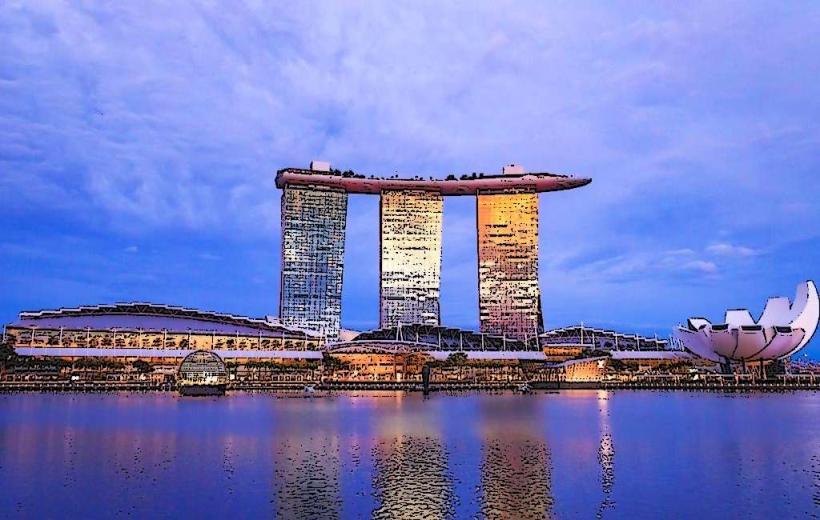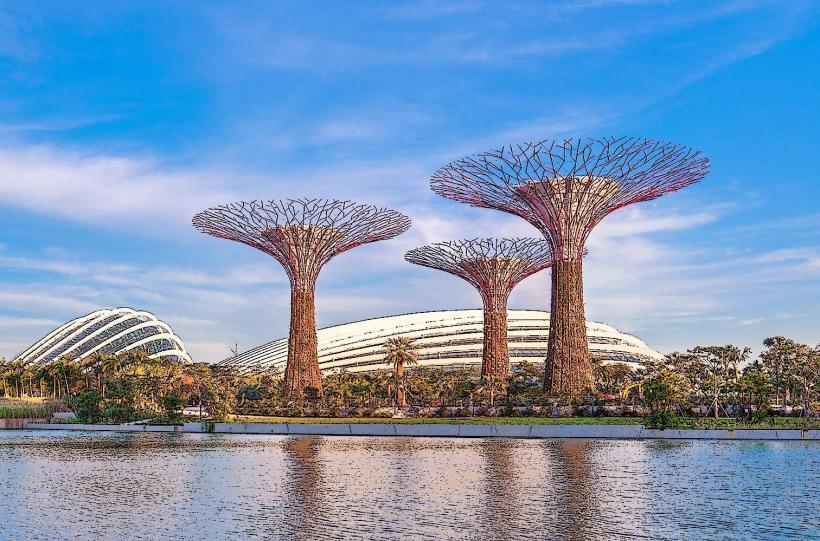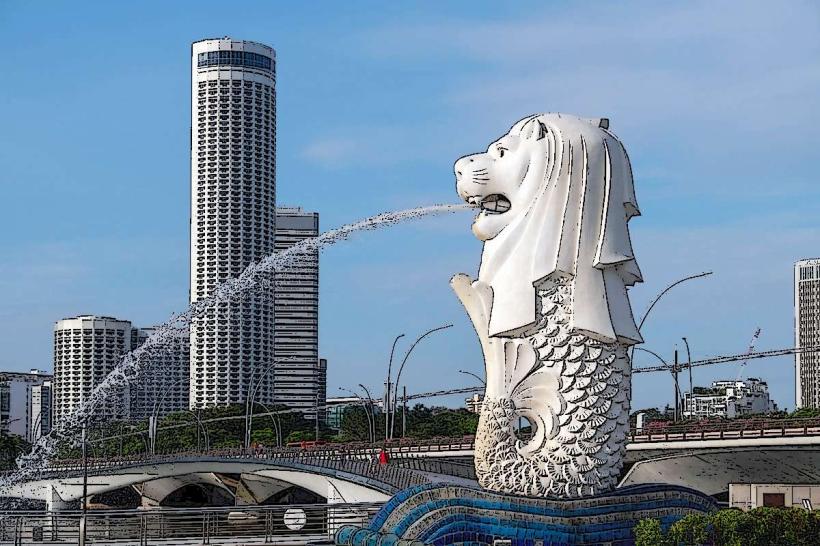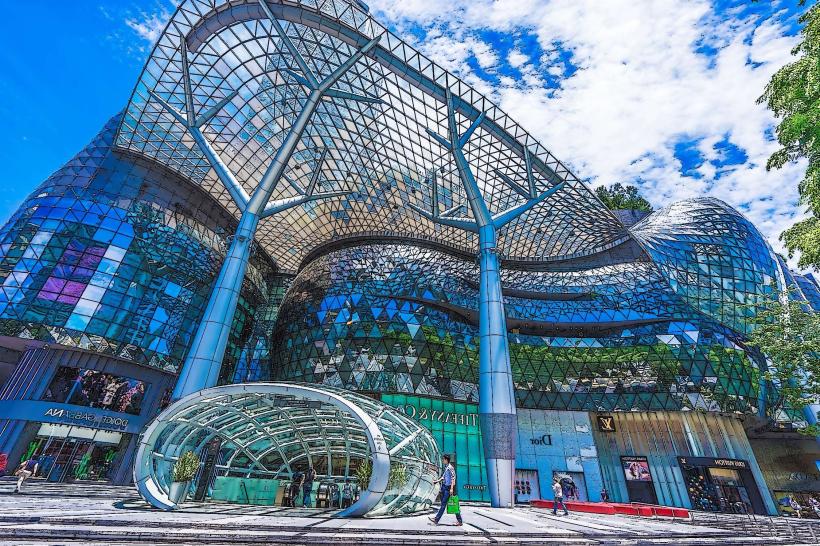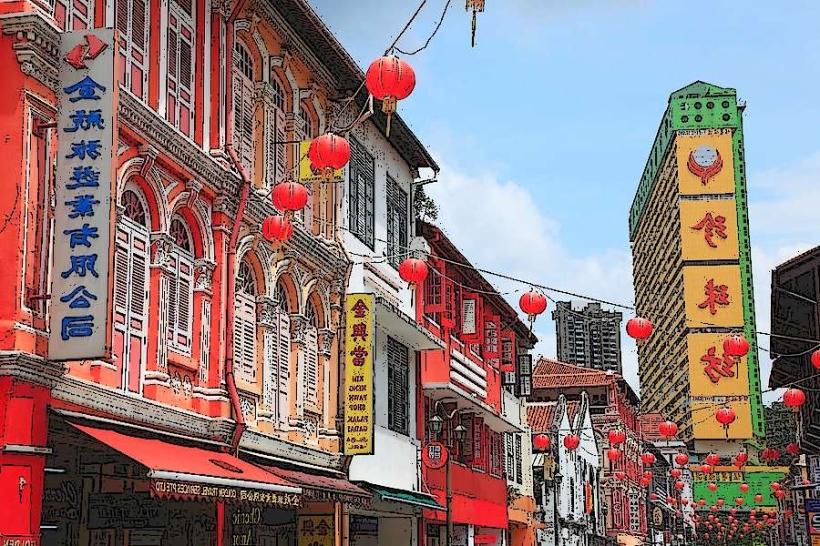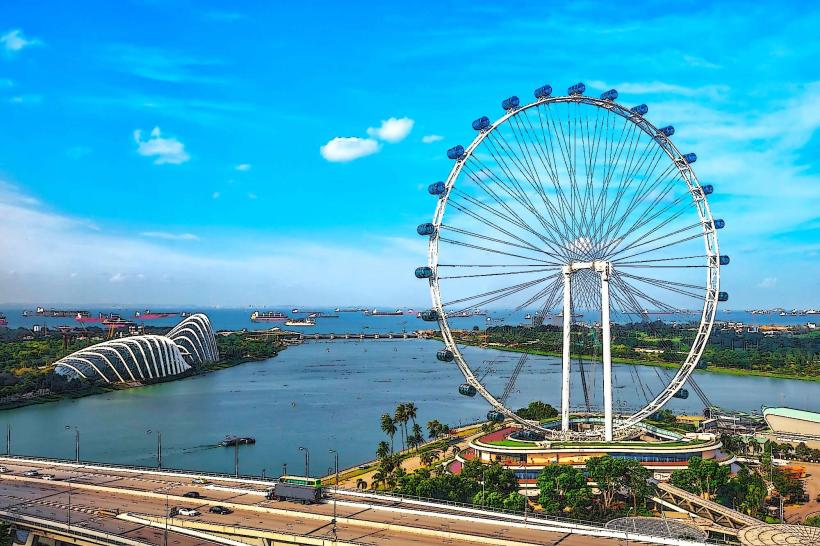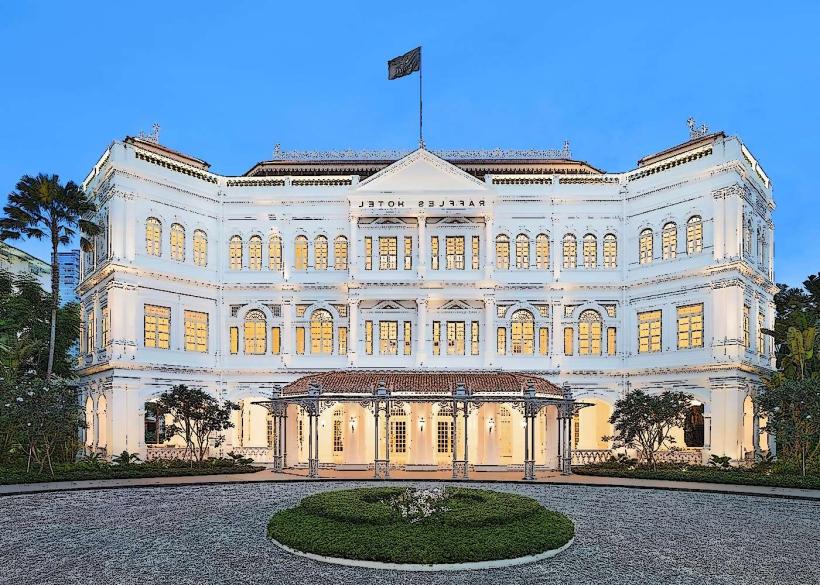Information
Landmark: Raffles Landing SiteCity: Central Region
Country: Singapore
Continent: Asia
Raffles Landing Site, Central Region, Singapore, Asia
The Raffles Landing Site marks the location where Sir Stamford Raffles is believed to have first set foot in Singapore in 1819. It is situated along the Singapore River in the Central Region of Singapore.
Visual Characteristics
The site features a statue of Sir Stamford Raffles, cast in bronze and standing approximately 3.6 meters tall. The statue is positioned on a plinth, and the immediate area is paved with stone. The Singapore River flows adjacent to the site, with modern urban architecture forming the backdrop.
Location & Access Logistics
The Raffles Landing Site is located at the mouth of the Singapore River, near the Fullerton Hotel. It is approximately 1 kilometer east of the central business district. Access is via the Esplanade Drive. Public transport options include the MRT, with the nearest station being Raffles Place (NS26/EW14), approximately a 5-minute walk away. Several bus routes service the area, including routes 10, 100, and 133, which stop near the Fullerton Hotel.
Historical & Ecological Origin
The site's historical significance stems from the arrival of Sir Stamford Raffles on February 6, 1819, which is considered the founding date of modern Singapore. The statue was erected in 1972 by the Singapore Tourist Promotion Board to commemorate this event. Ecologically, the site is situated on alluvial deposits at the estuary of the Singapore River.
Key Highlights & Activities
Visitors can view the statue of Sir Stamford Raffles. Interpretive panels near the statue provide historical context. Photography of the statue and the Singapore River is a common activity. Walking along the riverfront promenade is also possible.
Infrastructure & Amenities
Restrooms are available within a 5-minute walk at nearby public areas or commercial establishments. Shade is limited to the immediate vicinity of the statue. Cell phone signal (4G/5G) is generally strong in this urban area. Food and beverage vendors are abundant in the surrounding commercial districts and along the riverfront.
Best Time to Visit
For photography, early morning (7:00 AM - 9:00 AM) offers softer light and fewer crowds. Late afternoon (4:00 PM - 6:00 PM) also provides favorable lighting conditions. The site is accessible year-round, with no specific tidal requirements. The climate is tropical, with high humidity and temperatures averaging 27-31 degrees Celsius throughout the year.
Facts & Legends
A local legend suggests that the original landing site may have been slightly further upstream, but this location was chosen for its symbolic and logistical convenience for the establishment of the settlement. The statue itself is a replica; the original was cast in London.
Nearby Landmarks
- The Fullerton Hotel (0.1km West)
- Victoria Theatre and Concert Hall (0.3km North-West)
- Asian Civilisations Museum (0.4km North-West)
- Merlion-park_central-region" class="underline">Merlion Park (0.7km East)
- Esplanade - Theatres on the Bay (0.8km North)

